Liberty may be endangered by the abuse of liberty, but also by the abuse of power
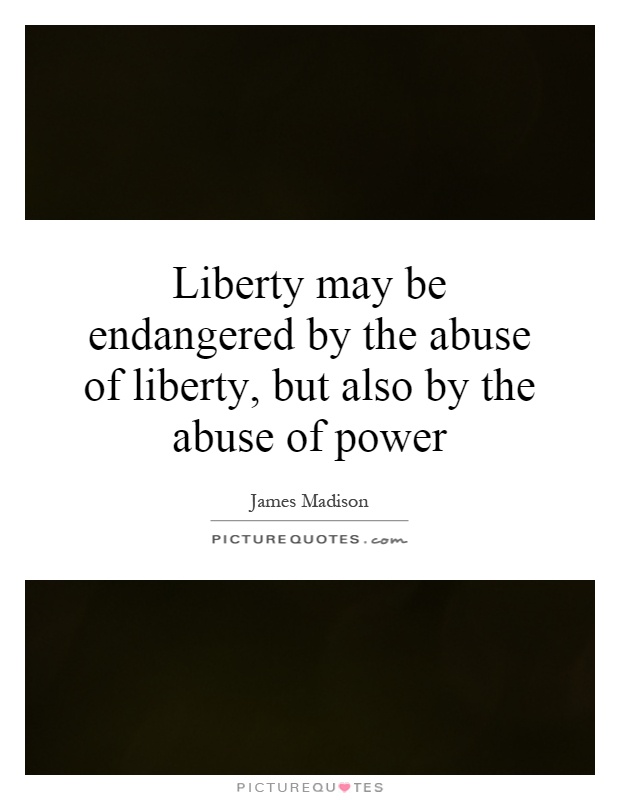
Liberty may be endangered by the abuse of liberty, but also by the abuse of power
James Madison, one of the Founding Fathers of the United States and the fourth President of the country, was a staunch advocate for the protection of individual liberties. He believed that liberty could be endangered not only by the abuse of liberty itself but also by the abuse of power. Madison's views on the delicate balance between liberty and power are reflected in his writings, particularly in the Federalist Papers and the Bill of Rights.Madison understood that the abuse of liberty could lead to chaos and anarchy. He believed that unchecked freedom could result in individuals trampling on the rights of others, leading to a breakdown of society. In his famous Federalist Paper No. 51, Madison argued for a system of checks and balances to prevent any one branch of government from becoming too powerful and infringing on the rights of the people. He believed that a strong government was necessary to protect individual liberties, but that this government must be limited in its powers to prevent tyranny.
However, Madison also recognized that the abuse of power by those in authority could pose a grave threat to liberty. He understood that those in positions of power could easily become corrupt and use their authority to oppress the people. In Federalist Paper No. 47, Madison warned against the accumulation of power in the hands of a single individual or branch of government, as this could lead to tyranny. He believed that a system of divided government, with separate branches that could check and balance each other, was essential to safeguarding liberty.
Madison's concerns about the abuse of power were reflected in his work on the Bill of Rights. He was a key proponent of adding a series of amendments to the Constitution to protect individual liberties from government overreach. The First Amendment, which guarantees freedom of speech, religion, and the press, was particularly important to Madison, as he believed that these freedoms were essential to a free society.
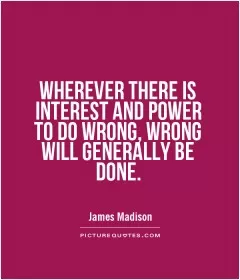
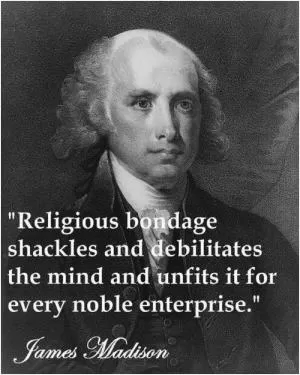
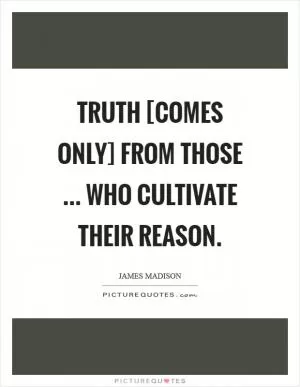
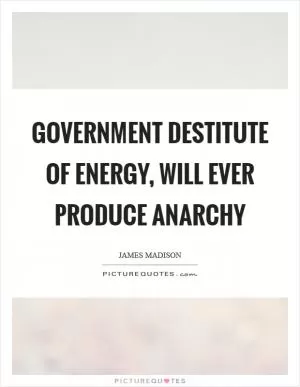
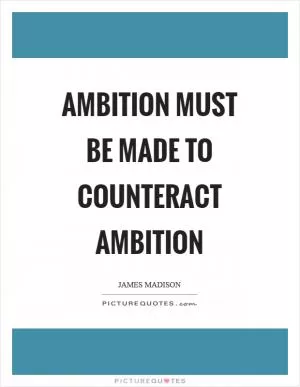
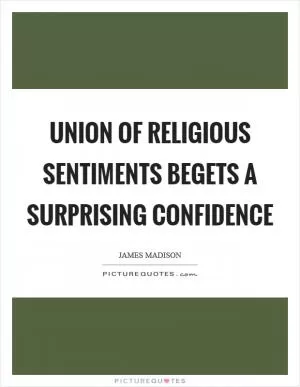

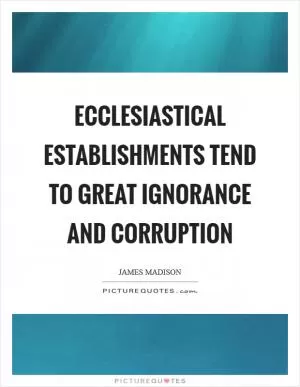

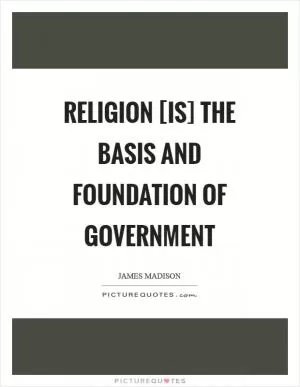
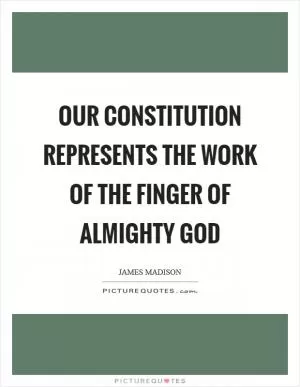
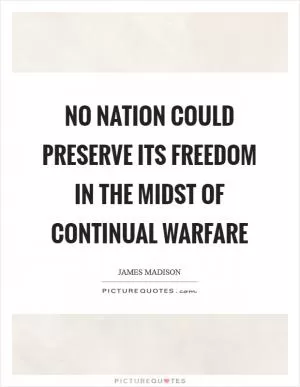
 Friendship Quotes
Friendship Quotes Love Quotes
Love Quotes Life Quotes
Life Quotes Funny Quotes
Funny Quotes Motivational Quotes
Motivational Quotes Inspirational Quotes
Inspirational Quotes